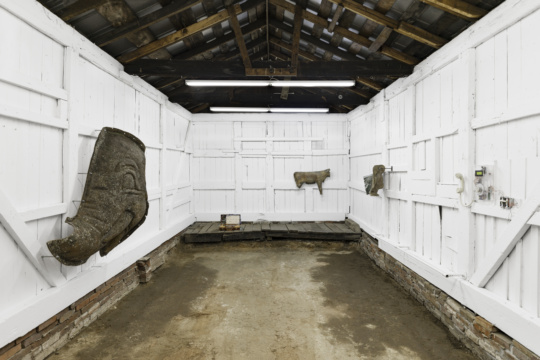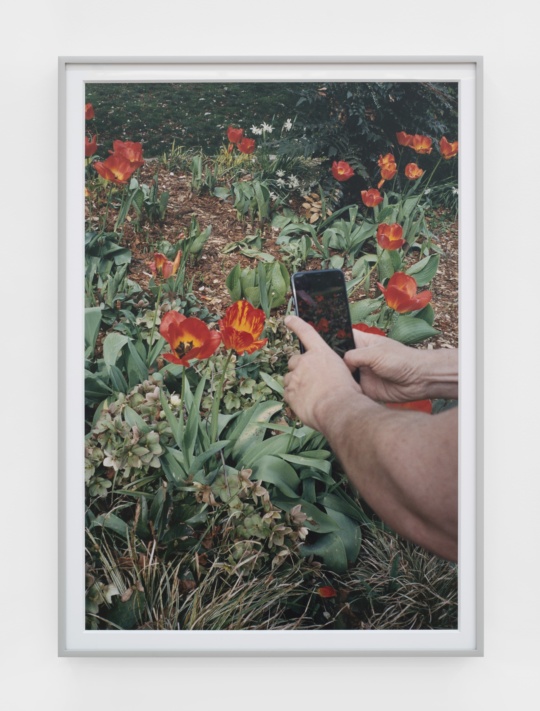
NOTICE: Due to weather and road conditions, the opening events have been postponed; please check ajff.org for updates.
The Atlanta Jewish Film Festival kicks off today at various venues in metro Atlanta. Already the largest film festival in the Southeast, it promises to be even more ambitious this year with a 23-day schedule of over 60 film screenings. The lineup features a wide cinematic range that includes new independent work (Avi Nesher’s The Wonders), acclaimed international fare bearing awards from other film festivals (Polish filmmaker Wladyslaw Pasikowski’s Aftermath), revivals of classic titles (the 50th-anniversary screening of 1964’s The Pawnbroker, starring Rod Steiger), potential cult items such as Big Bad Wolves (which has been proclaimed by Quentin Tarantino as the “Best Film of the Year”) and two Oscar nominees; Omar, Palestine’s entry for Best Foreign Language Film, and The Lady in Number 6: Music Saved My Life, a contender for Best Short Subject.
Among the special guests who will attend are Sasson Gabal, the Israeli actor of Kidon and Hunting Elephants; director Ted Kotcheff (The Apprenticeship of Duddy Kravitz); cinematographer/director David Gaynes (Next Year Jerusalem); director Min Sook Lee (The Real Inglorious Bastards); and director Pepe Danquart (Run Boy Run). A much-anticipated Q&A panel discussion will follow a 25th-anniversary screening of Driving Miss Daisy (filmed in Atlanta), which will offer a local perspective on that film from The Temple’s Rabbi Alvin Sugarman, M. Alexis Scott (publisher of Atlanta Daily World) and others.

When AJFF first launched in 2000, it was “fairly modest in size and scope and was something primarily promoted to the Jewish community,” executive director Kenny Blank stated in a recent phone interview. But there have been major changes since then. “Our programming is broader and more diverse now,” Blank said. “The Jewish connection is always there in the films, but these are universal stories that anyone who loves great movies would enjoy.”
One of the festival’s strengths has always been its rich and varied programming, which is the result of a community-based selection process. “We’ve democratized the selection process so participation really is a large cross-section of the community,” Blank explained. “We have about 150 people who serve on a screening committee, and over a five- to six-month period they will evaluate all of the entries that come in. We look at about 500 to 600 film entries a year. By getting others involved, we get a very good sense of how these films are going to play with an audience.”
While there are no films this year focusing on the fine arts, like last year’s Portrait of Wally (2012), the story of Egon Schiele’s painting that was looted by the Nazis and ended up in MOMA’s collection, there are a few that have tangential and relevant art world connections, such as Jason Hutt’s documentary Sukkah City, a fascinating account of a 2010 exhibition in New York City’s Union Square that was organized by best-selling author Joshua Foer (Moonwalking with Einstein). The goal was to produce 12 radically different versions of the traditional Sukkah, a makeshift ceremonial hut build for use during the weeklong harvest festival, Sukkot. Tracking the competition from the submission stage through the unveiling of the completed entries, the film features appearances by such celebrated figures as Paul Goldberger, the architecture critic for the New Yorker, Michael Arad, designer of the World Trade Center Memorial, and Maira Kalman, an author, illustrator, designer and blogger for the New York Times.

In another entry, Jews and Muslims: Intimate Strangers, original watercolor animation, archival materials, and interviews with leading scholars are effectively utilized in a four-part documentary series from filmmaker Karim Miské that deconstructs 14 centuries of rich history shared between two sworn enemies and the issues that have created endless conflict and tension between them.
“There are definitely some smaller, obscure films that deserve attention,” Blank said. One of his personal picks is Paul Duane and David Cairns’s Natan, a documentary that attempts to resuscitate the legacy and accomplishments of Bernard Natan. “He was the founder of Pathé, the French motion picture studio,” Blank explained. “He also produced the famous 1934 version of Les Misérables and pioneered a lot of technological advances in French film history. He became infamous because he had been scandalized and libeled as a pornographer. He was eventually sent to Auschwitz and murdered. It’s a very powerful and artfully done documentary. Also, it’s a story about how history can leave someone behind.”
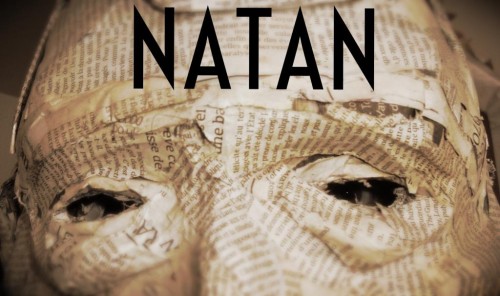
One attribute of AJFF that is particularly admirable is that the organizers don’t shy away from controversial or provocative films or subject matter. “That to me is what a film festival is all about,” Blank said. “The festival doesn’t necessarily endorse those ideas but we’re here to be a catalyst and to bring filmmakers with different perspectives together and then let the audience decide for themselves how they feel about the films. We see our role really as holding a mirror up to the community, warts and all, and to explore the good, the bad and the ugly of Jewish life. Generally our audiences respect that. They appreciate the opportunity to be challenged and I think many people come to the festival to get outside of their safe box.”
As an example Blank refers to the pairing of Bethlehem and Omar, which are destined to be the two most provocative and talked about films at this year’s event. Bethlehem, a directorial debut for Yuval Adler, depicts the tense, complicated relationship between Razi (Tsahi Halevi), an officer in the military intelligence wing of the Israeli army, and Sanfur (Sahdi Mar’i), his teenage Palestinian informant. Omar, which is directed by Hany Abu-Assad (Paradise Now), follows the tragic trajectory of a title character (played by Adam Bakri), a Palestinian freedom fighter who is duped into working as an informant for the Israeli police. Blank points out that both films have “almost identical story lines presented by filmmakers on both sides of the Israeli-Palestinian conflict. The films are very tough, but then again they are an authentic voice from either side.” Instead of the typical Q&A session that follows many of the screenings, the AJFF has arranged a panel discussion that will compare and contrast the two films.
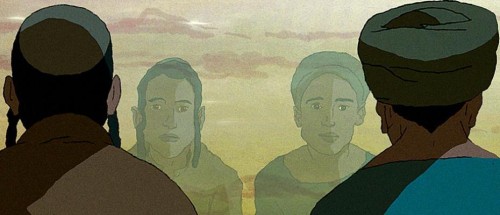
Blank, who first started working with AJAA in 2004, obviously has a winning formula for increasing attendance each year, but it requires constant retooling to meet the demand. If last year’s estimated attendance was more than 31,500 patrons, Blank reasons that this year will surpass it, so he increased the festival’s capacity by adding an additional day and more venues. “We’re showing our most popular films as many as three, four, even five times to try to ensure that everyone who wants to see the films has an opportunity to do so. Even with expansion, all five screenings of Bethlehem have sold out. We’re never going to be able to satisfy all of the demand.” But that’s the price of success and not a bad problem to have.
For moviegoers who are interested in attending this year’s event but haven’t bought tickets yet, a wait list will open up on the day of each screening. There is still a chance of getting in, Blank says. “We do have a handful of tickets that come back to us from sponsors or are returned, so I encourage people to check back.”
For more information on AJFF 2014, to purchase tickets, or download the festival schedule, visit ajff.org.
Jeff Stafford is an Atlanta-based arts and lifestyle writer.
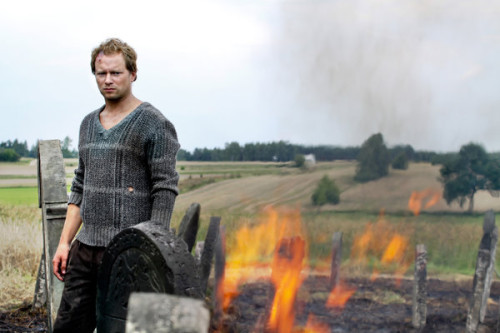
Atlanta Jewish Film Festival Offers a Diverse Mix of Cinematic Fare
Related Stories
Reviews
Reviews
Reviews
As for me, I’m just passing through this planet at Bad Water, Knoxville
Harrison Wayne reviews the entangled sculptures and taxidermic specimens found in As for me, I’m just passing through this planet at Bad Water, Knoxville.
A Landscaped Longed For: The Garden as Disturbance at the Crisp-Ellert Art Museum, St. Augustine
Christopher Stephen reviews the visual metaphors of the garden found in A Landscape Longed For: The Garden as Disturbance at the Crisp-Ellert Art Museum, St. Augustine.
Orchid Daze by Lillian Blades at the Atlanta Botanical Gardens
Blake Belcher reviews Atlanta-based Bahamian artist Lillian Blades' new work engaging orchids, transplantation, and diaspora at the Atlanta Botanical Garden.


